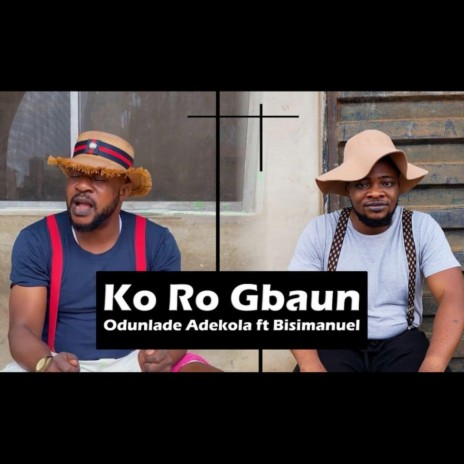




'Omo Nigeria' and 'Not in Our Character (Iwa Wa Ko)'. In the 1980s, Owoh's music grew radical, composing lyrics such as 'Innocent Plenty oo for Alagbon', 'Dem go molest you taya', and 'Long long protocol' drawing the attention of the Nigerian government by singing about how he economy had deteriorated in 'Aso Otito Aiye', 'E get as e be', 'It is not Easy', 'Eku Iroju'. Performing in the United States in the 1980s and 1990s. He toured the United Kingdom and appeared in the Netherlands, Belgium, and Italy. In 1972, he played at a graduation ceremony for Nigerian law students in London, England, and at the African center on October 1,1972 where he was honoured with the doctorate degree in music and From then on known as Dr. The word 'Kenneries' is a reference to his voice which he was told sounded like that of a Canary bird. He has led groups such as the Omimah Band, the Young Kenneries which was later changed to His African Kenneries International. Since his emergence into the music industry, Owoh and his band racked up over 40 LPs including 'Ero Ki Yeye Mi', 'Omiye Lala', 'Osupa Roro','Iyawo Olele', 'Omo Ni Ye', 'Mo Baju Wo Oju' and 'Orun/Irawo Mi Ko Ni Ku' and gained international recognition. His music which is enjoyed by the older generation is known as 'Toye' and involves de emphasizing Caribbean - style horn arrangement of the highlife in favor of Owoh's guttural voice, guitar, percussion and lyrics. He sang mostly in Yoruba and occasionally in English. After three years, fighting in Nigeria civil war on the side of the Nigerians, Owoh returned to form his own band, on Decca label to critical acclaim. Owoh's career started in 1960 with him playing the bongos with The Fakunle Major Band.


 0 kommentar(er)
0 kommentar(er)
